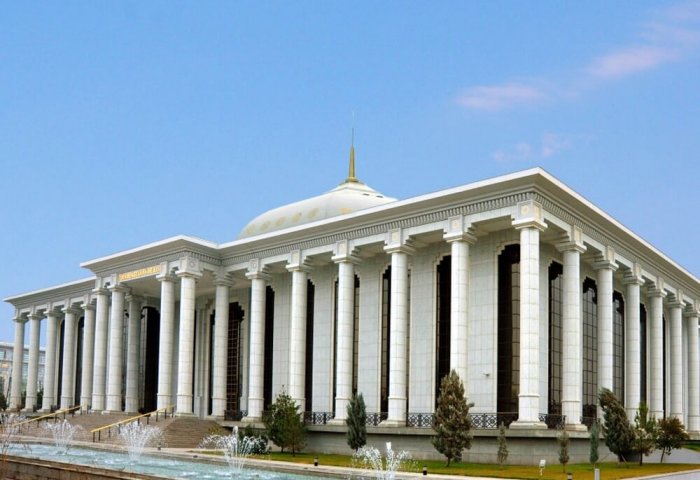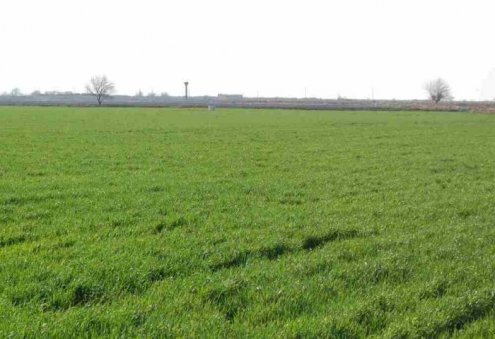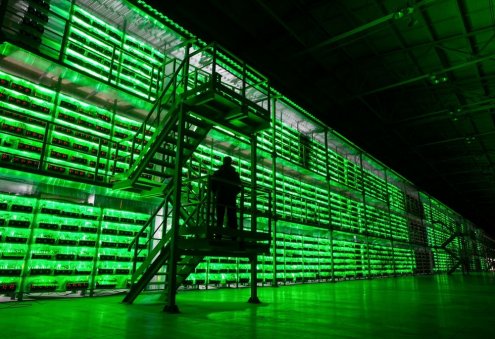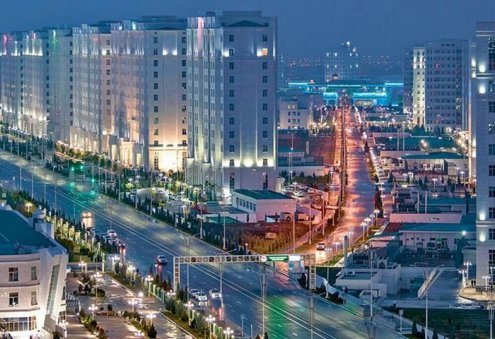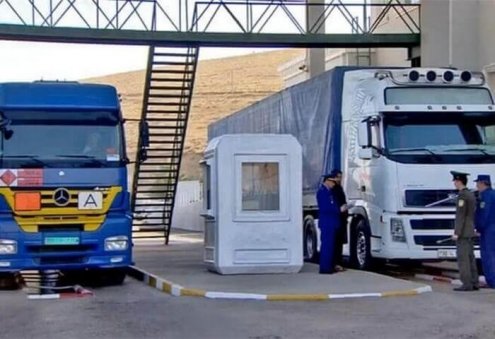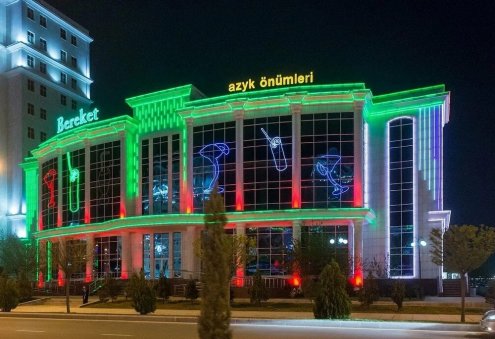Turkmenistan will switch to bicameral parliamentary system, in accordance with the Constitutional Law "On Amendments and Additions to Constitution of Turkmenistan" adopted at the meeting of the Halk Maslahaty (People’s Council) on Friday.
How will the new bicameral parliament of Turkmenistan operate?
In accordance with the Basic Law of Turkmenistan, the new bicameral parliament is called the Milli Geňeş (National Council) of Turkmenistan. It is the representative body that exercises legislative power and consists of two chambers - the Halk Maslahaty and the Mejlis. Before, the Halk Maslahaty was the "highest representative body", and the Mejlis was the parliament.
Halk Maslahaty consists of 56 people - 8 members from each velayat and the capital, who are elected unanimously at sessions of the Halk Maslahaty of five velayats and Ashgabat. President of Turkmenistan appoints the rest 8 members of the chamber.
A citizen of Turkmenistan who has reached the age of 30, has a higher education and has permanently resided in Turkmenistan for the previous ten years may be elected and appointed to the Halk Maslahaty. Every ex-president of Turkmenistan is a member of the Halk Maslahaty, if he does not refuse to use this right.
The Mejlis consists of 125 deputies, who are elected from constituencies with approximately equal numbers of voters. A citizen of Turkmenistan who has reached the age of 25 and has permanently resided in Turkmenistan for the previous ten years can be elected a deputy of the Mejlis.
The term of office of members and deputies of the National Council of Turkmenistan is five years.
The same person cannot simultaneously be a member and deputy of both chambers of the National Council of Turkmenistan.
What are the chambers' activities?
Halk Maslahaty approves or rejects the Constitution, constitutional and other laws adopted by the Mejlis; considers the law of Turkmenistan on the issues of the State Budget of Turkmenistan adopted by the Mejlis; decides the issues of holding national referendums; appoints elections for members of the People's Council; considers, at the proposal of the President of the country, issues on the appointment and dismissal of the Chief Justice of the Supreme Court, the Prosecutor General, the heads of the Ministry of Internal Affairs and the Ministry of Justice; awards the President of the country with state awards, assigns him military ranks and other state ranks; decides the issue of changing the state border; considers issues of peace, security; resolves other issues within the powers of the Halk Maslahaty related to the Constitution and legislation of Turkmenistan.
Mejlis considers drafts of the Constitution, constitutional and other laws submitted to the National Council for consideration; monitors the implementation of adopted laws and provides their official interpretation; considers the State budget and issues related to the provision of a report on its implementation; considers the main directions of domestic and foreign policy of the state, programs for the political, economic, social and cultural development of the country; appoints elections for the President of Turkmenistan, deputies of the Mejlis, members of regional, district and city people's councils; elects the Ombudsperson upon the proposal of the President of Turkmenistan; institutes state awards; ratifies and denounces international treaties; resolves issues on changing the administrative-territorial division of Turkmenistan; determines the conformity with the Constitution of the regulatory legal acts of government bodies; resolves other issues within the powers of the Halk Maslahaty related to the Constitution and legislation of Turkmenistan.
President of Turkmenistan has scheduled the election of members to the Halk Maslahaty chamber for March 2021.
The deputies of the Mejlis of the sixth convocation retain their powers for the period established by law until the next election of deputies of the Mejlis of the Milli Geňeş. The last time elections to the Mejlis were held in 2018, the term of office of the deputies is 5 years.
The constitutional law comes into force on January 1, 2021.
Source: ORIENT.tm

